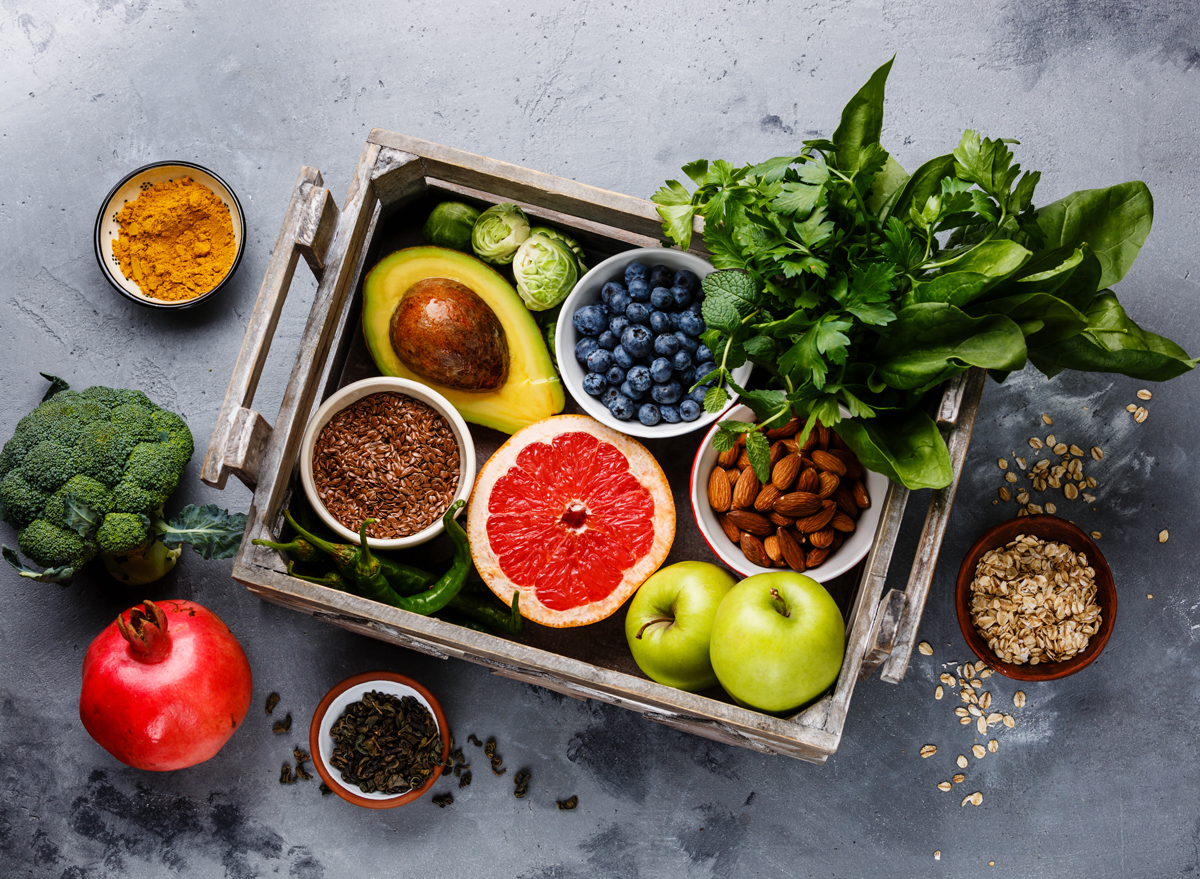
Even if laughter is, as they say, the best medicine, when you have diabetes, the long-prescribed drug metformin may be a far better choice for lowering your blood sugar.
But pharmaceuticals are not the only choice when it comes to improving your health and decreasing your risk of disease. Healthy food is another, much tastier option with far-reaching medicinal powers. Foods have amazing potential to remedy all sorts of symptoms, illnesses, and diseases.
We’ve known this ever since Hippocrates famously wrote, “Let food be thy medicine, thy medicine shall be thy food.” Good food choices are good investments.
So, follow your doctor’s advice, but know that there are many foods you can choose to help heal what ails you. Here are some “good investments”—the low-hanging fruit of foods that heal common afflictions.
Broccoli
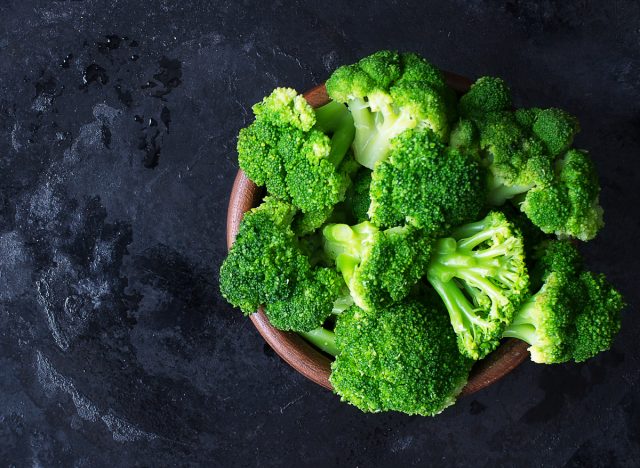
One of the best things you can do daily to improve your health and reduce risk of disease is to eat green vegetables like broccoli.
Broccoli is so rich in bioactive compounds that researchers have been known to call it “Green Chemoprevention.” Results from epidemiological studies and experiments have suggested that a compound called sulforaphane that in abundance in cruciferous vegetables like broccoli and cauliflower, kale and cabbage, works on a genetic level to “switch off” cancer genes, leading to the targeted death of cancer cells.
Studies show that eating raw or lightly steamed broccoli a few times a week can lower rates of prostate, breast, lung, and skin cancers. (Heavy steaming or boiling of broccoli leaches out the beneficial compound.) In addition, research published in 2019 in Nutrition & Cancer suggests that eating raw cruciferous vegetables like broccoli is associated with lower odds of stomach cancer.
Spinach
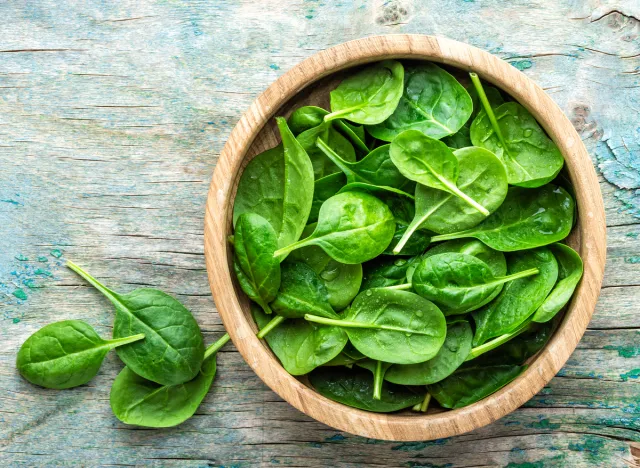
Spinach is a potent source of lutein and zeaxanthin, two carotenoids that an analysis of studies in the Journal of the National Cancer Institute suggests may significantly reduce the rate of breast cancer when consumed in abundance. This salad green is also rich in DNA-strengthening folate, a B vitamin essential during pregnancy. A study published in the PLoS One journal linked low levels of folate to an increased breast cancer risk.
Beans
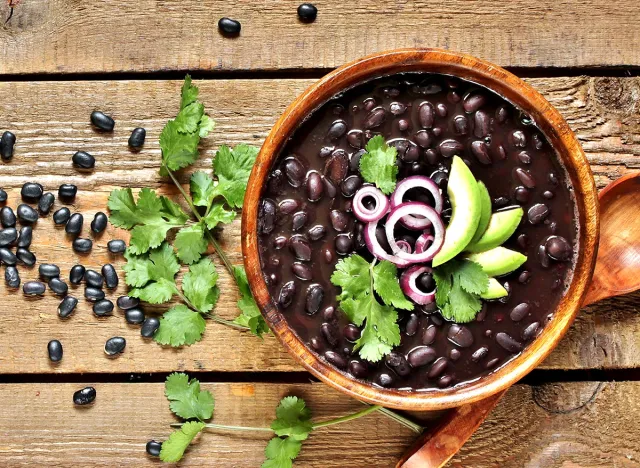
Unlike animal sources of protein, beans are free of unhealthy fats. That might be the reason one large epidemiological study in JAMA Internal Medicine found that people who consumed legumes at least four times a week had a 22 percent lower risk of heart disease compared with those who consumed them less than once a week. Likewise, a 2019 meta-analysis in Advances in Nutrition showed that eating beans, lentils, peas and other legumes regularly reduces the risk for cardiovascular disease, coronary heart disease, and high blood pressure.
Oats
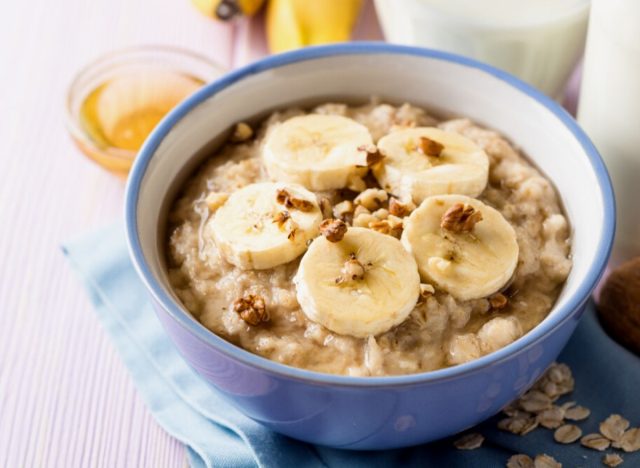
Eating oatmeal regularly can help prevent type 2 diabetes and may even reverse it due to its effect on blood sugar control. Oats contain a type of soluble fiber called beta-glucan, which seems to support metabolic health.
In a 2021 Journal of Functional Foods study, researchers found that when a group of people with type 2 diabetes given a 5-gram supplement of oat beta-glucan once a day improved their blood sugar control, reduced their appetite, and felt satisfied for longer after 12 weeks. They also experienced enhanced health of their intestinal microbiota, which plays a keen role in metabolic health.
One possible way beta-glucan helps regulate blood sugar is by forming a gel in the gut, which delays the release of glucose into the bloodstream, say the researchers. Another powerful role beta-glucans play in health is by lowering LDL, the so-called bad cholesterol.
Apples
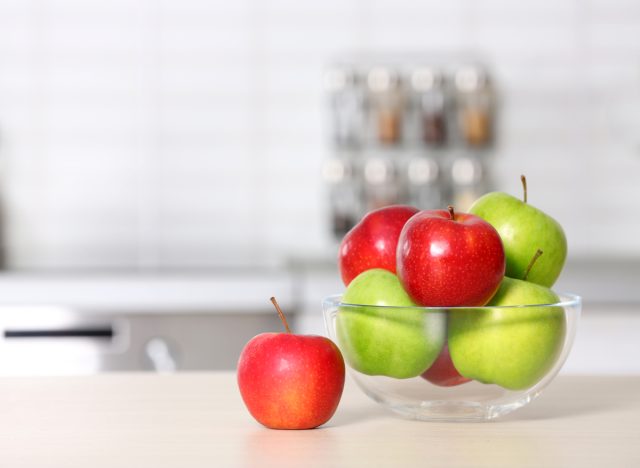
For the 65 million Americans with high blood pressure, putting down the saltshaker is not enough to avoid the leading hypertension dangers—stroke and heart attack. Changing eating habits, however, can make a big difference. There is no single magic-bullet food that’ll bring your blood pressure down to a healthy level. Look into the DASH Diet (Dietary Approaches to Stop Hypertension) for a comprehensive reboot of your eating habits. Meanwhile, grab an apple. Apples are part of the DASH plan and are particularly beneficial for cardiovascular health, keeping blood vessels pliable, and reducing blood pressure, according to a 2020 paper in Critical Reviews in Foods Science and Nutrition. In addition to the 4.5 grams of blood pressure-lowering fiber you get from each apple, you’ll enjoy a healthy helping of quercetin, which American Heart Association studies have shown is an effective anti-hypertensive.
Blueberries
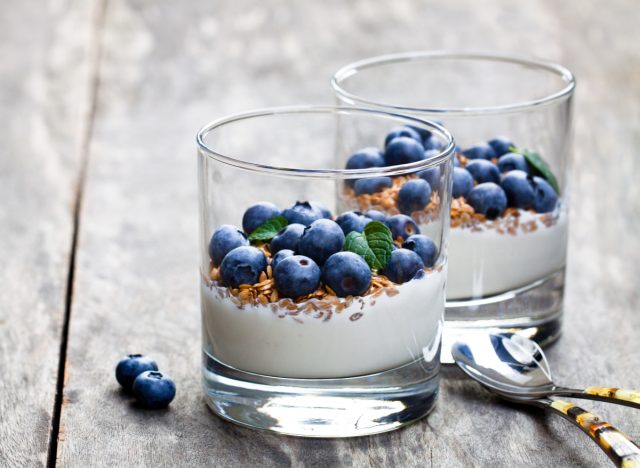
Blueberries are nature’s potent little blue “pills” that can neutralize the inflammatory effects of your lifestyle. These berries contain a class of antioxidants called flavonoids and anthocyanins that can turn off inflammatory and immune genes.
A review of research on blueberries and their anthocyanins in a 2020 edition of Advances in Nutrition demonstrated that the delicious fruit is associated with anti-inflammatory action and beneficial effects on vascular health, regulating blood sugar, and improvements in gut flora balance. Chronic, low-grade inflammation is an immune system reaction often triggered by poor lifestyle habits that contributes to many disorders and diseases, including arthritis, type 2 diabetes, cancer, heart disease, and dementia.









